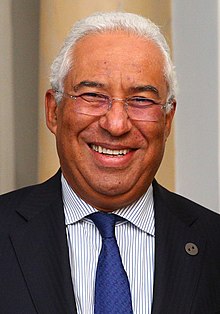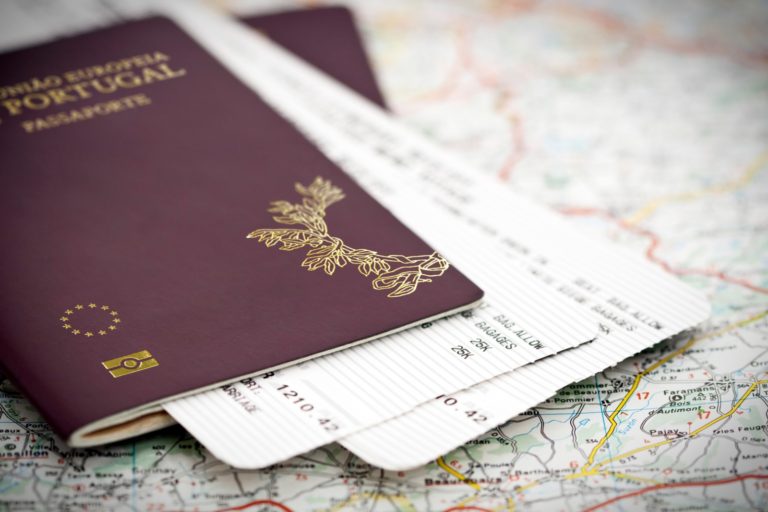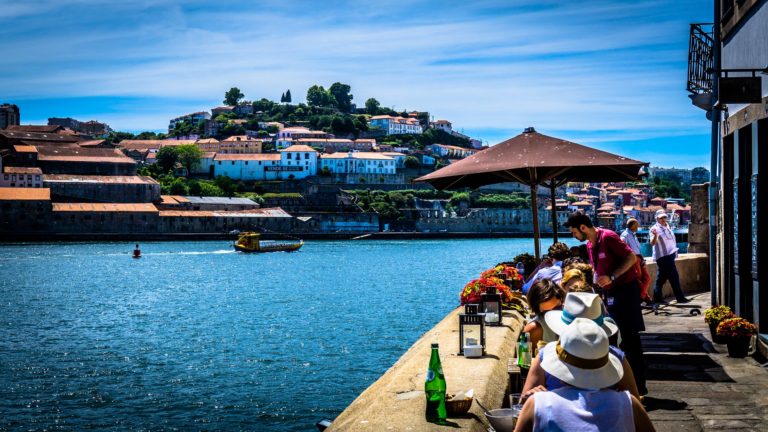If you have already become a citizen, you can vote in the upcoming elections to the Portuguese Parliament and Prime Minister, which will take place on January 30, 2022.
This is the second round of elections that Portugal has experienced in one year. A year ago, in January 2021, the Portuguese presidential election was held in which the current president Marcelo Rebelo de Sousa of the Social Democratic Party (PSD) was elected. On January 30, 2022, there will be elections for Prime Minister and Parliament. For seven years, the government has been led by the Socialist Party led by Prime Minister Antonio Costa.
At the end of October 2021, Antonio Costa failed to pass the budget, and the country was forced to go to the elections after the dissolution of parliament by the president. This will be the 15th election of MPs and routinely these elections are held once every four years, with the last elections being in 2019.
In this article we will explain to you about the Portuguese Parliament and get to know the candidates who stand at the head of the parties and run for prime minister. Depending on the election results, these candidates will become members of parliament and represent their parties.
What do the elections to parliament means and what is their role?
In Portugal, the governmental system is run a little differently than in Israel. The operative body that leads and makes decisions in the country is the government.
The Portuguese Parliament is also called the Assembly of the Republic and is the legislature of Portugal, consisting of 230 representatives from all the provinces of Portugal elected. Under the Portuguese constitution, members of the Assembly are obliged to represent the entire country and not just the electorate or supporters of their parties.
Powers of Parliament:
1. Dismissal of the government through a vote of no confidence
2. Extensive legislative powers
3. Amendment and amendment of the constitution (by a two-thirds majority)
4. Substantial control over the budget
5. The right to authorize the government to raise taxes and grant loans.
6. The power to ratify treaties and other types of international agreements
7. Approval or rejection of proposals from the President for declaring war or making peace.
8. Appointments of public figures.
So who are the party leaders running for prime minister?
Antonio Costa  of the PS – Socialist Party. He has been the incumbent prime minister since 2015 and his tenure has been relatively politically stable, even though his party did not have a majority in parliament. In late October, Costa refused in the 2022 budget to increase Social Security payments and add funds to the health system because of the coronavirus crisis. This caused the budget to be postponed by the parliament and the elections to be postponed by two years. This did not happen in Portugal for several decades. Costa, a lawyer by education, previously served as Minister of Parliamentary Affairs (1995-1999), Minister of Internal Administration (2005-2007), and Mayor of Lisbon (2007- 2015) and was one of the Vice-Presidents of the European Parliament.
of the PS – Socialist Party. He has been the incumbent prime minister since 2015 and his tenure has been relatively politically stable, even though his party did not have a majority in parliament. In late October, Costa refused in the 2022 budget to increase Social Security payments and add funds to the health system because of the coronavirus crisis. This caused the budget to be postponed by the parliament and the elections to be postponed by two years. This did not happen in Portugal for several decades. Costa, a lawyer by education, previously served as Minister of Parliamentary Affairs (1995-1999), Minister of Internal Administration (2005-2007), and Mayor of Lisbon (2007- 2015) and was one of the Vice-Presidents of the European Parliament.
Costa’s party is currently leading the polls. His supporters are the Left Party and the Communist Party who receive great support.
Rui Rio  from the PSD Party – the Social Democratic Party. Rio is Costa’s political rival and ranks second in polls in Portugal. Previously served as Mayor of Porto (2001-2013) and in 2018 was elected Chairman of the Social Democratic Party and is also the Leader of the Opposition. Rio and Prime Minister António Costa signed an agreement in April 2018 which covered cooperation on a reform intended to give more powers to municipalities, as well as on a 12-year strategy to keep using European Union structural funds for development. Under his leadership, the PSD also backed the Socialists in areas such as labor law reform and defense., the party also supported the Socialists in labor and protection law reforms and was in favor of amending the Portuguese citizenship law for the descendants of Spain and Portugal and urging the government to approve the law.
from the PSD Party – the Social Democratic Party. Rio is Costa’s political rival and ranks second in polls in Portugal. Previously served as Mayor of Porto (2001-2013) and in 2018 was elected Chairman of the Social Democratic Party and is also the Leader of the Opposition. Rio and Prime Minister António Costa signed an agreement in April 2018 which covered cooperation on a reform intended to give more powers to municipalities, as well as on a 12-year strategy to keep using European Union structural funds for development. Under his leadership, the PSD also backed the Socialists in areas such as labor law reform and defense., the party also supported the Socialists in labor and protection law reforms and was in favor of amending the Portuguese citizenship law for the descendants of Spain and Portugal and urging the government to approve the law.
André Ventura  of the far-right CH Party.
of the far-right CH Party.
A rising star in the skies of local politics in Portugal. Considered an extremist nationalist by left-wing parties but in practice calls for action that will return Portugal to its economic power. Conducting economic reforms, arranging work for supported communities such as the gypsies who are a heavy burden on the working population, and so on.
His party is very young (founded in 2019) but it is becoming more and more popular as time goes on.
Today, his party ranks third in the polls.
Catarina Martins  of the BE, Left Party. In 2009 she was elected to parliament as the first representative of the Left Party from Porto and since 2012 she has served as chair of the party. She has a Ph.D. in linguistics and worked in theater. Today she is in third place according to the polls.
of the BE, Left Party. In 2009 she was elected to parliament as the first representative of the Left Party from Porto and since 2012 she has served as chair of the party. She has a Ph.D. in linguistics and worked in theater. Today she is in third place according to the polls.
Jerónimo de Sousa of the PCP – The Communist Party.
De Sousa was the General Secretary of the Communist Party since 2004 and was a candidate in the 2006 presidential election. In addition, he won support from the Green Party.
João Cotrim de Figueiredo  of the Liberal Party.
of the Liberal Party.
In 2019 he was the first party representative from the district of Lisbon in parliament and at the end of the year was elected chairman of the party.
De Figueiredo studied economics in London and business administration in Lisbon.
In 2015 he was elected vice president of the European Tourism Committee.
His party is in fifth place in the polls.
Francisco Rodrigues dos Santos  of the CDS, the People’s Party.
of the CDS, the People’s Party.
Dos Santos was elected by a majority of votes in the primaries on January 25-26, 2020.
Dos Santos, 34, is the youngest lawyer and politician of all the candidates.
He presents himself as a “young conservative.”
In 2018, he was selected by Forbes Magazine as one of Europe’s 30 most brilliant, innovative, and influential young people in law and policy.
Inês Sousa Real  from the PAN party, whose initials are: people, animals, and nature.
from the PAN party, whose initials are: people, animals, and nature.
Sousa Real holds a bachelor’s degree in law and a master’s degree in human and animal rights.
She was Lisbon’s Municipal Animal Ombudsman from November 2014 to March 2017.
For her dedication to the role, on a voluntary basis, she was awarded a commendation by the Lisbon Municipal Assembly.
In 2017 she was elected to the Lisbon General Assembly and Parliament in 2019.
In the summer of 2021, she was elected to head the PAN party.
According to the polls, she is in seventh place.
Now that you’ve learned a little about local politics you might want to vote. That is exactly why the Portuguese Embassy has prepared for you the exact instructions on how to vote.
Want to express your opinion on the elections in Portugal? Join our Facebook group “Over the rainbow Portugal” where we update on all the relevant information about Portugal and the elections.

 English
English עברית
עברית



